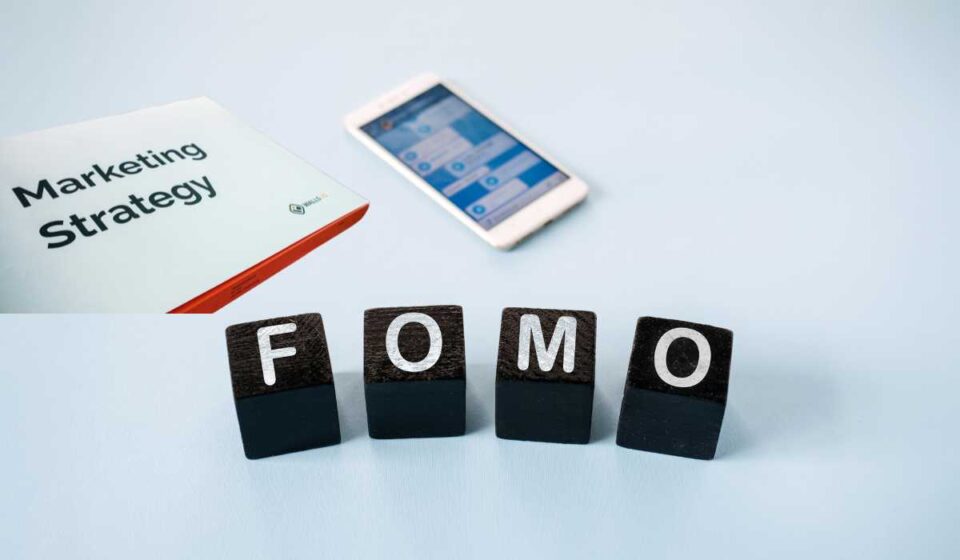The fear of missing out (FOMO) is a powerful psychological trigger that influences decision-making, especially in sales and marketing. When people perceive a product or opportunity as scarce or time-sensitive, they feel a stronger urge to act quickly. Businesses that understand this psychology can ethically use urgency to drive conversions without resorting to manipulation. The key is to create a genuine sense of urgency that adds value to the customer experience rather than pressuring them into impulsive decisions.
One effective way to implement urgency ethically is through limited-time offers. Promotions with clear deadlines, such as flash sales or early-bird discounts, encourage customers to act before they miss out. However, transparency is essential—if an offer is always available, customers will recognize the false urgency and lose trust in the brand. Ensuring that time-sensitive deals are real and beneficial fosters credibility while motivating action.
Another strategy is to highlight product scarcity in an honest way. Displaying limited stock availability or showing real-time demand indicators can increase urgency without deception. For example, airlines and hotels often show the number of remaining seats or rooms to encourage bookings. Businesses can ethically apply this tactic by sharing accurate inventory updates or emphasizing exclusive, high-demand products.
Social proof also plays a crucial role in ethical FOMO-driven sales. When potential customers see others purchasing, reviewing, or recommending a product, they feel a natural urgency to join in. Featuring customer testimonials, user-generated content, or live sales notifications creates a sense of community and trust. This approach reassures buyers that they are making a smart choice rather than being pressured into a rushed decision.
Ultimately, using urgency in sales should enhance the customer experience rather than exploit psychological triggers. Ethical FOMO marketing focuses on authenticity, transparency, and real value. When urgency is applied responsibly, it not only boosts conversions but also strengthens brand loyalty, ensuring that customers feel satisfied with their purchase decisions rather than regretting them.


